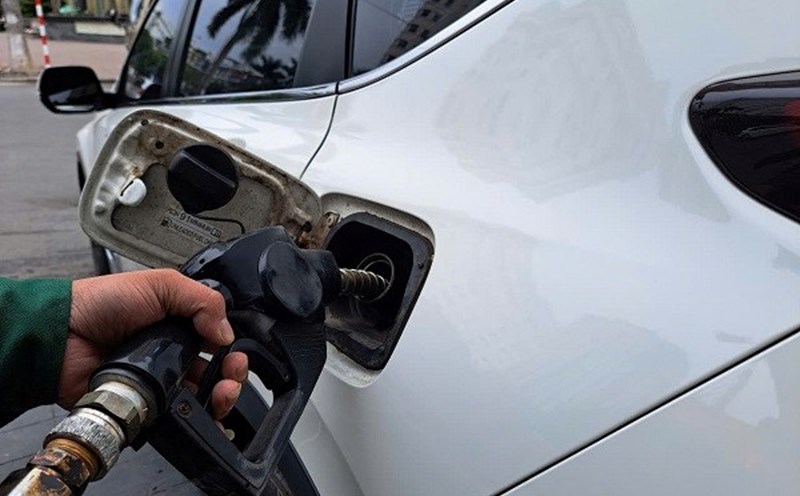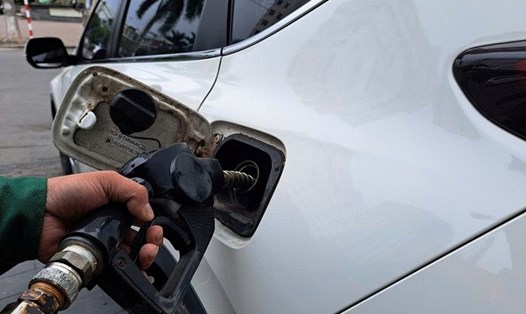The Vietnam Petroleum Institute's (VPI) Machine Learning-based gasoline price forecasting model shows that in the operating period tomorrow, January 23, retail gasoline prices are forecast to increase slightly from 0.4 - 0.8%, while retail oil prices will increase sharply from 3.8 - 4.9% if the Ministry of Finance - Industry and Trade does not set aside or use the Petroleum Price Stabilization Fund.
According to Mr. Doan Tien Quyet, data analysis expert of VPI, the oil price forecasting model applying the Artificial Neural Network (ANN) model and supervised learning algorithm in Machine Learning of VPI predicts that retail oil prices this period will increase sharply.
Of which, fuel oil may increase by 842 VND (4.9%) to 18,022 VND/kg, diesel may increase by 781 VND(4%) to 20,561 VND/liter, kerosene may increase by 741 VND(3.8%) to VND20,441/liter. VPI's model forecasts that the retail price of E5 RON 92 gasoline may increase slightly by 0.4% to 20,827 VND/liter, while RON 95-III gasoline may increase by 0.8% to 21,394 VND/liter.
VPI forecasts that the Ministry of Finance and Industry and Trade will continue not to set aside or use the Petroleum Price Stabilization Fund this time.
In the world market, according to Reuters, oil prices were almost unchanged in early trading on Wednesday as the market considered US President Donald Trump's declaration of a national energy emergency on his first day in office and its impact on supply.
On Monday, Mr. Trump outlined a comprehensive plan to maximize oil and gas production, including declaring a national energy emergency to speed up the permitting process, rolling back environmental protections and withdrawing the United States from the Paris climate accord.
However, analysts at Morgan Stanley said the policy is unlikely to boost investment in the short term or change US manufacturing growth, but could ease the potential for eroding demand for refined products.
Analysts also questioned whether Trump's promise to replenish the strategic reserve would make any difference to oil demand since the Biden administration has already been buying oil for the emergency reserve.
Investors also remained cautious as Trump’s trade policy remains unclear. He said he was considering imposing 25% tariffs on imports from Canada and Mexico starting February 1, instead of on his first day in office as previously promised.
The US president also added that his administration would “probably” stop buying oil from Venezuela, one of the country’s top oil suppliers.
Meanwhile, a rare winter storm swept across the US Gulf Coast on Tuesday and much of the US remains in a dangerous deep freeze.
North Dakota's oil production is estimated to be down between 130,000 and 160,000 barrels per day (bpd) due to extreme cold weather and operational challenges, the state's pipeline regulator said Tuesday.
The storm's impact on oil and gas operations remains limited in Texas, with minimal disruptions to gas flows, few power outages and plenty of gasoline at the pump, as many roads and highways remain closed.











